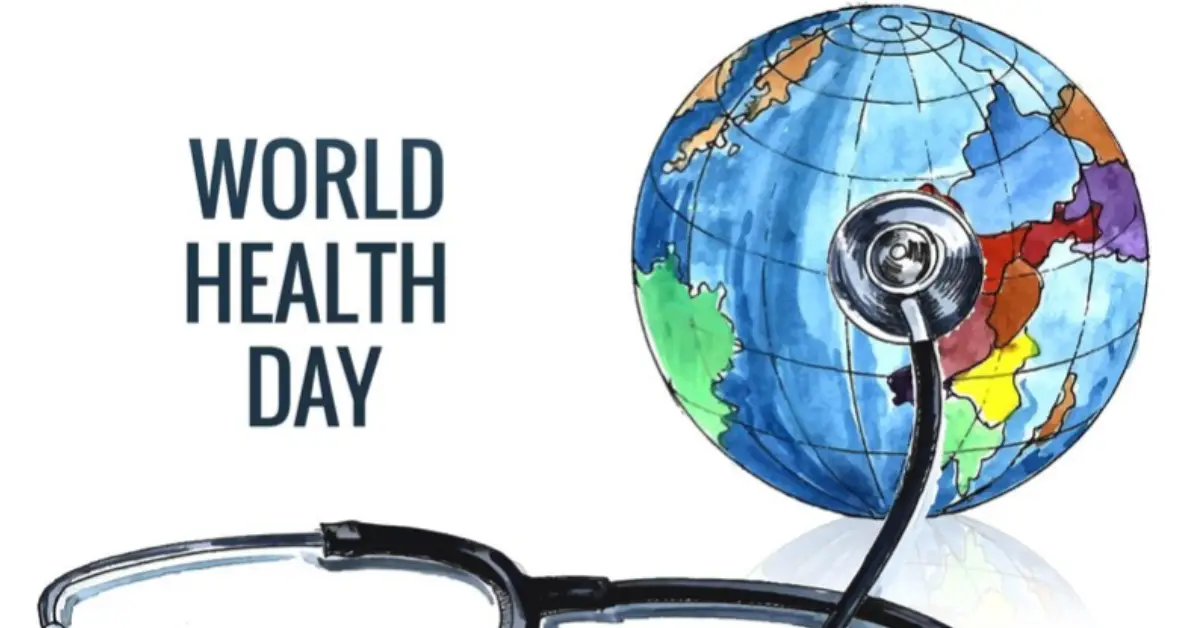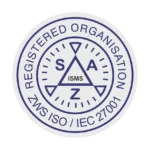TODAY is World Health Day, which marks the anniversary of the World Health Organisation (WHO)’s founding on April 7, 1948.
Each year, WHO picks a theme for the day that focuses on a subject of major importance for global health.
This year, the theme is Healthy beginnings, hopeful futures. It begins a year-long campaign that focuses on the health of mothers and babies, which is seen as the foundation of healthy families and communities.
According to WHO, it is estimated that globally, close to 300 000 women lose their lives due to pregnancy or childbirth each year, while over two million babies die in their first month of life and around two million more are stillborn. That equates to roughly one preventable death every seven seconds.
In Zimbabwe according to WHO, the maternal mortality ratio (per 100 000 live births) improved from 432 in 1985 to 357 in 2020. Based on current trends, four out of five countries are off track to meet targets for improving maternal survival by 2030. One in three will fail to meet targets for reducing newborn deaths.
Women and families everywhere need high-quality care that supports them physically and emotionally before, during and after birth, WHO says on its website.
Health systems must evolve, it says, to manage the many health issues that impact maternal and newborn health. These not only include direct obstetric complications but also mental health conditions and non-communicable diseases.
Cimas Health Group’s doctor Martin Chirara says health education before becoming pregnant, booking early at a clinic or hospital for the baby’s birth and attending antenatal clinics or classes are important for expectant mothers.
“Attending antenatal clinic or classes allows early identification of conditions that increase the risk of death during childbirth such as anaemia, high blood pressure, infections and diabetes.
“By attending adequate antenatal care clinics or classes, expectant mothers can expose themselves to early disease screening and treatment, and, importantly, early motherhood education, which equips them with knowledge on neonatal care and when to seek medical attention,” Dr Chirara said.
“Antenatal classes or clinics are instrumental in providing a platform for information dissemination as well as a safe space to share experiences, anxieties and concerns about the journey to motherhood. WHO recommends at least four antenatal care focused visits.”
Diet, he said, was a crucial component of maternal and child health. It is important not only for the mother’s health but for the development of her unborn baby.
“A woman who adopts and maintains a healthy eating habit ensures the developing unborn baby has access to all the essential nutrients required for growth and development. A healthy diet that meets the demands of the pregnant mother is required during pregnancy and sometimes there is a need for supplements such as iron and folic acid as well,” Dr Chirara said.
Some forms of exercise, such as walking and prenatal yoga, are safe and desirable for an expectant mother, he said, but he added that pregnant women are encouraged to seek guidance from their healthcare professional on which exercises to engage in and when to do so.
Dr Chirara said to minimise the risk of babies dying after birth, mothers should attend post-natal clinics as scheduled, exclusively breastfeed their babies, adhere to immunisation schedules and seek urgent treatment whenever their baby is unwell.
“Breastfeeding provides the baby with water, antibodies, the required nutrients at the right temperature and provides an opportunity for mother-child bonding. It is recommended by WHO that breastfeeding should continue for two years,” Dr Chirara said.
Premature babies require specialised care and facilities, which remain a challenge in Zimbabwe. However, the advent of kangaroo care, where skin-to-skin contact is achieved through placing the baby upright against the mother’s (or other caregiver’s) bare chest, thereby promoting warmth and bonding, has significantly improved the survival of premature babies using minimal resources.”






